We talked about this a couple months ago, but I’d like to re-open the discussion about the merits, and costs, of a vacation property, and use a real example from The Bahamas to really put things into perspective…
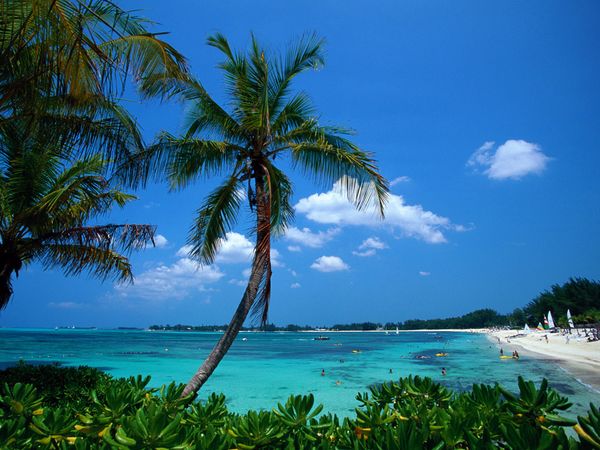
Stop me if you heard this story, or read about it a couple months back, but a family friend of mine was telling me about his Florida condo and how expensive it was to maintain, and left me with one pearl of wisdom that I’ve been clinging to since:
“For the cost of that damn condo – the price we paid, and the upkeep over the last two decades, I could have stayed at the Four Seasons, in a penthouse, ordering room service, for two weeks per year, every year.”
Whether it’s the Four Seasons, or Sandals, and whether it’s Florida or Bahamas, you get the point.
We had this discussion on my blog back in May, and primarily focused on family cottages.
But what about a true “Vacation Property” that you visit, at most, two weeks per year?
While I was away in Bahamas, I couldn’t help but fantasize, “Wow, I’d love to own a house down here someday.” Who wouldn’t think like that?
But eventually, my fantasy gives way to reality, and even if I won the lottery tomorrow, I just don’t know that the cost makes sense.
So let’s take a look at a real example.
There’s a gorgeous house for sale in Grand Exuma, Bahamas, where my wife and I stayed on our Honeymoon.
Here are the specs:
$1,350,000 asking price
3,280 square feet
338-foot sandy shoreline
3-beds, 4-baths
14-foot ceilings throughout the home
Built in 2005, with excellent finishes
If the description doesn’t do it justice, take a look at the photos:
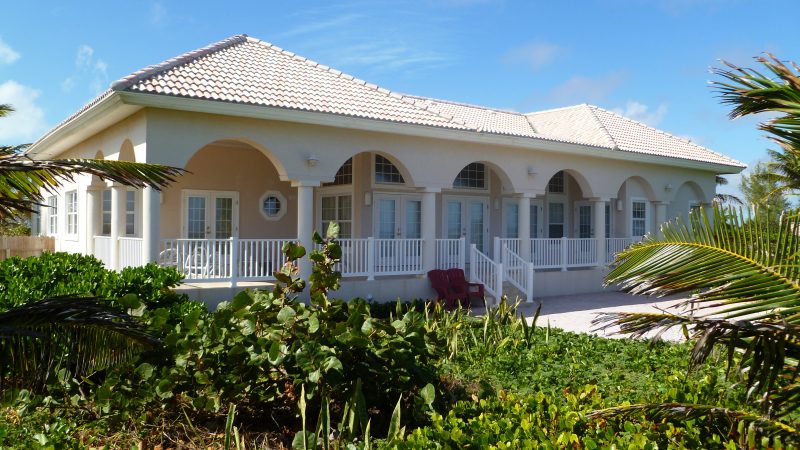
Unreal, private beach.
338-feet wide, white sand like powder!
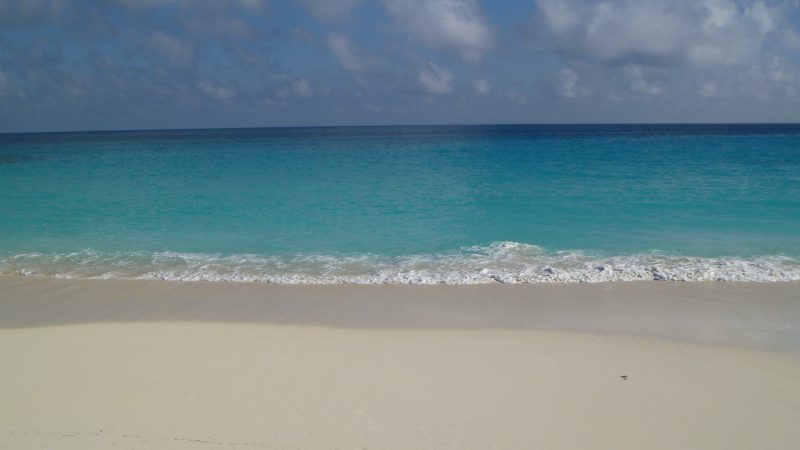
Interlock-stone driveway leading from the house down to the beach.
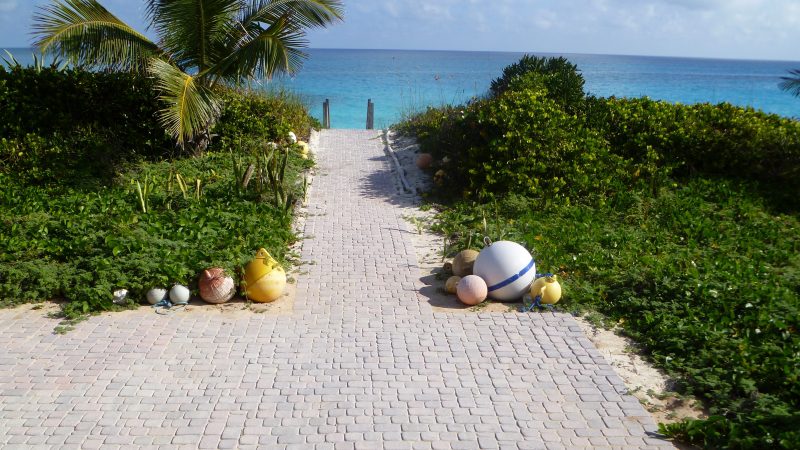
Porcelain kitchen tile, granite counters…
But no stainless steel appliances?? Whatever are Toronto-folk to do?!?!?
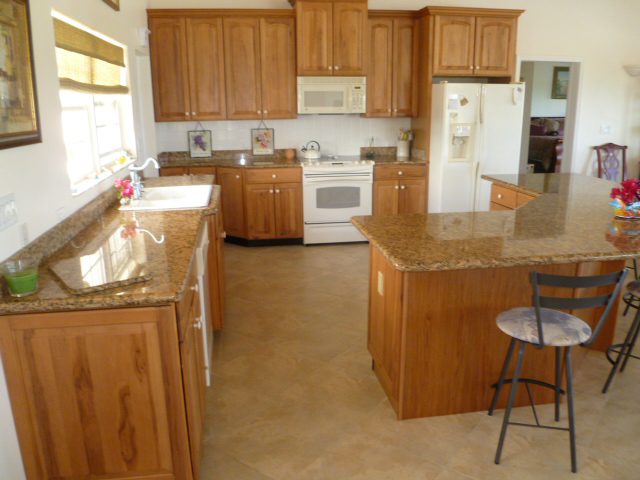
Wrap-around terrace facing the beach.
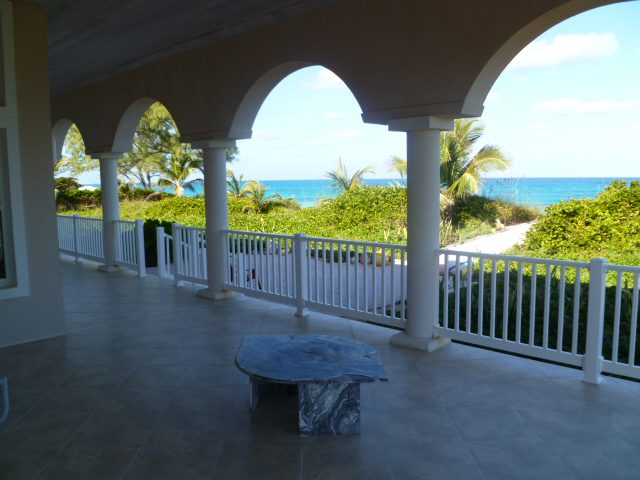
Fully landscaped property with palm trees.
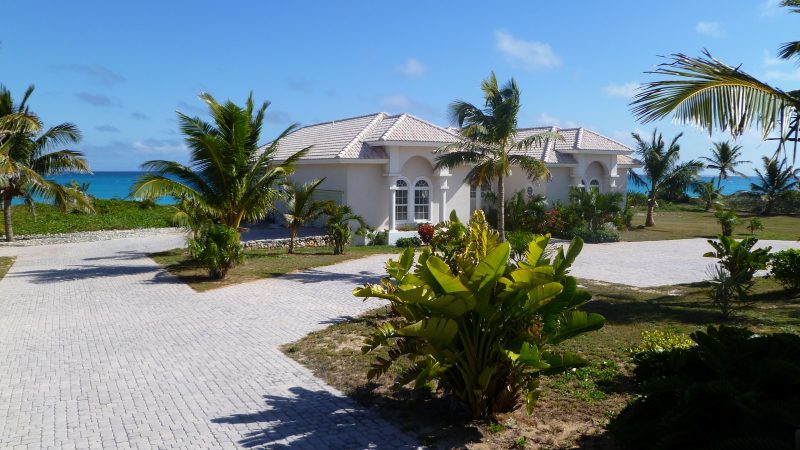
What more can you ask for?
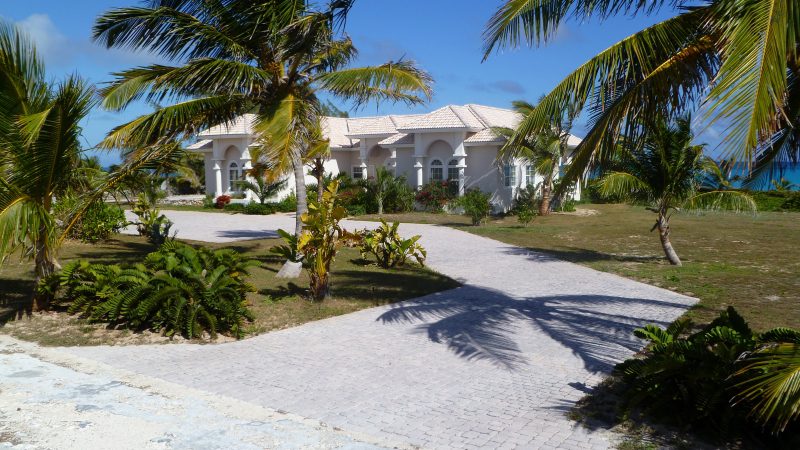
This property is only 3 miles from the Sandals resort, where most of the action is.
That also means it’s only 3 miles from the golf course!
So at $1,350,000, is it worth it?
It all depends on how long you expect to keep the property.
Let’s make the following assumptions:
1) You purchase the property with a 30% down payment, and 3.5% rate for 30 years
2) You pay it off over 30 years
3) You sell it at the end of 30 years
Having seen my family friend’s Florida condo go from a $300,000 purchase price, to a high of $600,000 when the dollar was at $1.60 (so worth $960,000), and then back down to $300,000 today, I’m not convinced that the “buy and hold” strategy applies to vacation properties.
For argument’s sake, let’s assume that in 30 years, the property is still worth $1,350,000 (don’t worry – we’ll come back to this later).
What I’m interested to know is how much money was sunk into this property in 30 years.
If you made a 30% down payment on this property, the balance of $945,000 would be paid off in 30 years along with $577,859 in interest.
But what about the opportunity cost on your $390,000 down payment? If you had kept that money, and invested it, with a modest 4% return, compounded every year for 30 years, it would grow to a whopping $1,264,925 in 30 years.
So if you sold this house for what you paid for it – $1,350,000, in 30 years, you will have “lost” the $577,859 in interest, along with the opportunity cost of $874,925 for your original down payment. Factor in a modest $4,000 per year for property taxes, utilities, landscaping, and maintenance, and in total, you spent $1,572,784 on this property in 30 years.
That means, theoretically, that you could have spent $52,426 per year on vacations every year for 30 years, instead of having this house.
Okay, so you’ll all argue that properties DO go up over time, and that there’s no way that this property would sell for $1,350,000 in 30 years. I agree.
So let’s say that you buy this house today for $1,350,000, and you sell it in TEN years for $1,600,000. What would the costs look like then?
Your interest cost is $293,643.
Your opportunity cost on your invested capital is $187,295.
Your cost to run the property is $40,000.
It costs you $520,938 to own this property, and you made $250,000 on the sale.
That’s $270,938, over ten years, or $27,000 per year.
How much vacationing can you do for $27,000 per year?
To stay at Sandals in Exuma for two weeks costs about $7,000 in a modest suite.
If you want to stay in a luxurious, upgraded suite with a butler every time, then call it $14,000.
And if you want the suites reserved for the CEO’s and high-rollers, then it’s about $25,000.
All told, you aren’t saving any money by owning your own house down in Bahamas.
It’s much cheaper to just go to Sandals!
Now let’s be honest – we could run these numbers over and over, again and again, in a multitude of different scenarios. But the basic point is there: it doesn’t make financial sense to purchase a property to visit two weeks per year.
Of course, many people would be quick to point out that most of the people buying these properties have cash coming out their ears, and they don’t care about the numbers we’re exploring above. Well, I’m not talking about those folks. But even if you bought the property for $1,350,000 in cash, there’s still the cost of capital – the amount you could be making on that money, even in a savings account, that you’re not making because you have it invested in an asset that just sits there and gathers dust for 50 weeks per year.
So why do people buy vacation properties?
Pride of ownership.
To many, the pride of ownership is worth the additional cost. Knowing you get to go to your “other home” is worth paying twice or three times what you could pay to stay in the Four Seasons’ penthouse, or in a butler suite at Sandals.
There’s no right or wrong answer here, as the votes might be split 50/50.
But you also have to forecast the real estate market, and anybody who thinks they can “save money” buy owning a vacation property instead of throwing it away on a hotel has to consider the ups and downs of the market.
Owning an International property probably comes with all kinds of other headaches – taxes we don’t know about, association fees, and what about the tax on a capital gain for a non-resident? We didn’t even explore that!
But we can all dream.
And in the meantime, those photos provide a great escape, don’t they? 🙂


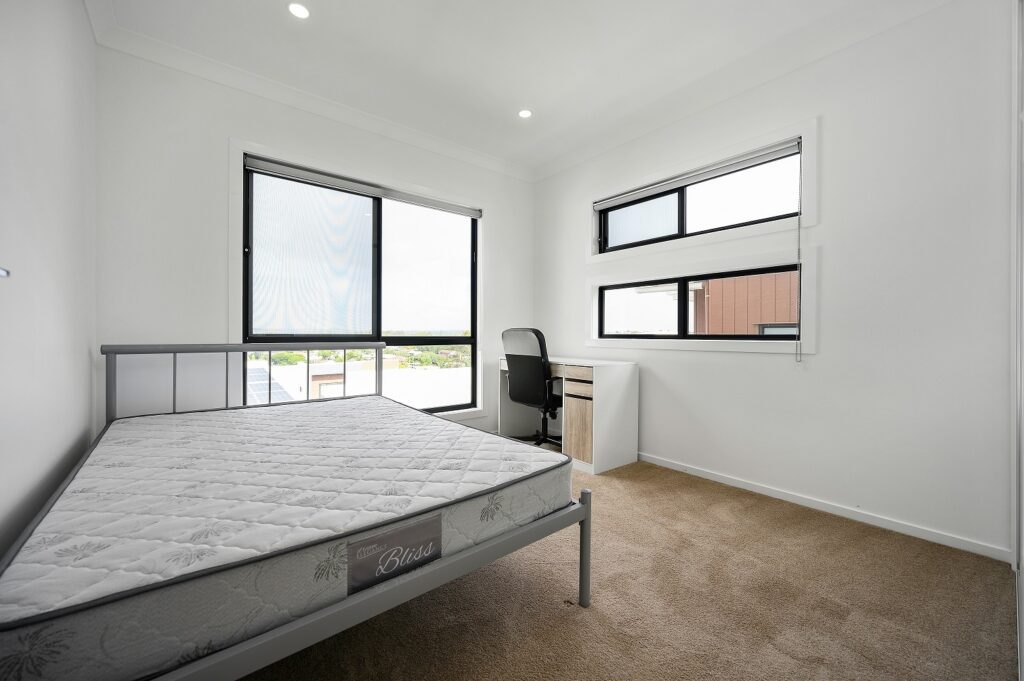
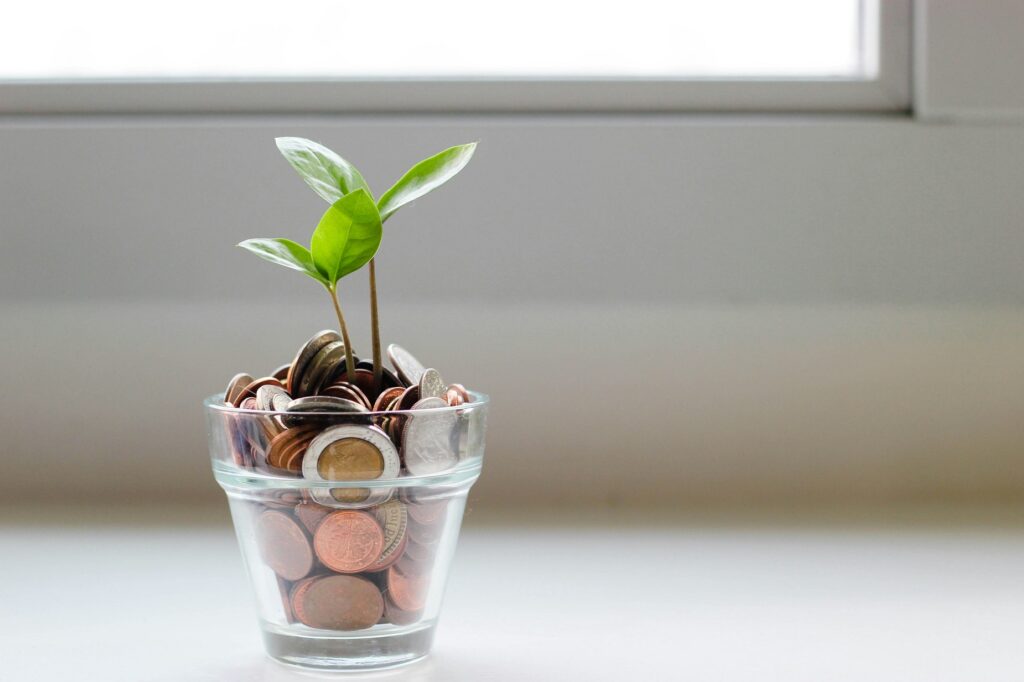

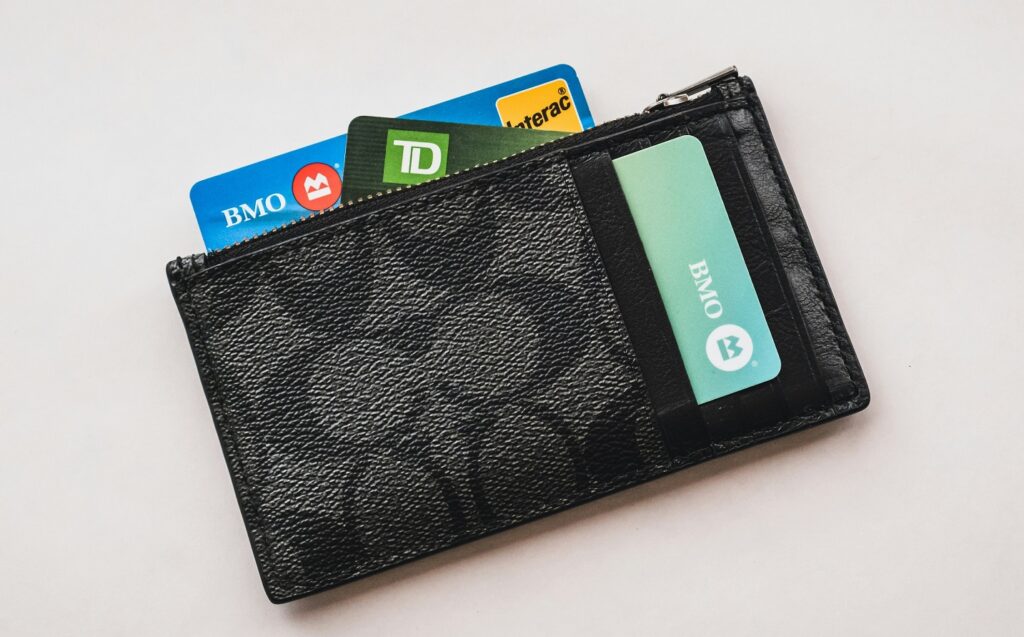

























Ash
at 8:59 am
David,
I stayed at the Bahamas too few months back and explored this option.
To address your Taxes point, If you buy a property in Bahamas, you become a resident. Currently, there are no direct taxes on your capital or income in Bahamas!
I explored properties on the $500,000 range (which are pretty good too) and estimated the upkeep cost, but as you mentioned, you need to be making visits more regularly to make it worth your while.
It is a good option for folks from Florida, easier to sail and fly there, not so much for Canadians (unless you are making the place your winter residence).
Geoff
at 9:32 am
I don’t get why anyone who has a normal vacation allowance (say 4 weeks max) would want to own a vacation home and be obligated (oblication?) to go to the same place every year. Even if it’s heaven on earth, I still would rather go to a different place every year. Airbnb is a godsend for people like my wife and I, who don’t want to stay in hotels but want to live in a real house like the locals do. Why pay expenses 11 months a year to get a benefit 1 month a year?
David Fleming
at 12:03 pm
@ Geoff
Excellent point.
“Obligation” is a fantastic way of describing it.
You really have to love where you own in order to go there every single year.
I liken it to being a “member” at a golf club. You play the SAME course every week for 20 years! Toronto Golf Club, Rosedale Golf Club – these places charge tens of thousands of dollars, and you have to be “sponsored” by other members (ie. sucking up for years and years) for the right to play the same course for the rest of your life. I’d rather belong to Clublink, but even that is expensive.
Joe Q.
at 9:32 am
I’m not surprised the math doesn’t work out if the vacation property is only occupied for a couple of weeks per year. But what if the owner rents it out when he is not using it? Presumably this is what most people (except the highest of the high-rollers) do?
How much would your $1.3M property rent for on a weekly basis?
dave
at 9:47 am
Ash, simply owning a property in the Bahamas doesn’t qualify you as a resident for tax purposes. It must be your primary residence, where you spend the majority of your time.
As such, while you might indeed not be liable for Bahamas taxes, you would still be liable for taxes in Canada on your worldwide income.
Andrew
at 11:26 am
David,
Can you do a similar analysis for merits of renting vs buying in Toronto? I’d really like to see your thoughts on the expected return on investment over 30 years, considering opportunity cost etc.
NYTimes has a rent vs buy calculator and I personally can’t make the numbers work for Toronto. I’d be interested in how much premium people are paying for the pride of ownership.
Geoff
at 11:53 am
@ Andrew – I think the basic difference with some (not all) people is that “full time” ownership has other less tangible benefits that might not be apparent. Examples being if you have children, you might prefer to give them a backyard and it can be difficult to find a full house to rent that is cheaper than a mortgage if you have a sufficient downpayment, etc. For many people, home ownership is not a good choice, for others it is. If you’re prepared to live in the same place for 15 years for instance, have a steady job and expect to continue to do so, have no debt, etc it can make sense even if the cost of ownership is greater than renting. Renting has its pitfalls too – and you have to be disciplined to save the difference between ownership and renting (again, some can, some can’t).
Kyle
at 5:02 pm
Over thirty years, the results all comes down to the assumptions one makes. And depending on those assumptions, one can make the numbers say anything.
IanC
at 12:51 pm
People also need to factor in the cost of renovations over 30 years.
The kitchen could already benefit from new appliances and removal of the cabinet doors with the dated top curve detail.
Cottages are one thing – but for a luxury destination you don’t want to feel like you are in a dated environment, past its prime, if you pay 1.3M
When you shower in a hotel – you don’t shower in a 30 year old bathroom.
Dave
at 5:03 pm
I agree with Joe Q, if you own a place and only go 2- 4 weeks out of the yr than I would think most owners would rent it out for the remainder of the yr (or at least try to) and make income off of it. I know a couple that own a condo down in Buenos Aires and they go down for 8 weeks out of the yr and rent it out for the remainder.
Glenn
at 11:02 am
Interesting reasoning for and against owning a vacation home. Looking at the numbers only provides an investment prospective, if that’s your objective then numbers matter. But if you’re considering the quality of life, privacy, weather and the other intangibles then owning in the Bahamas is not only attractive but worth every penny spent.